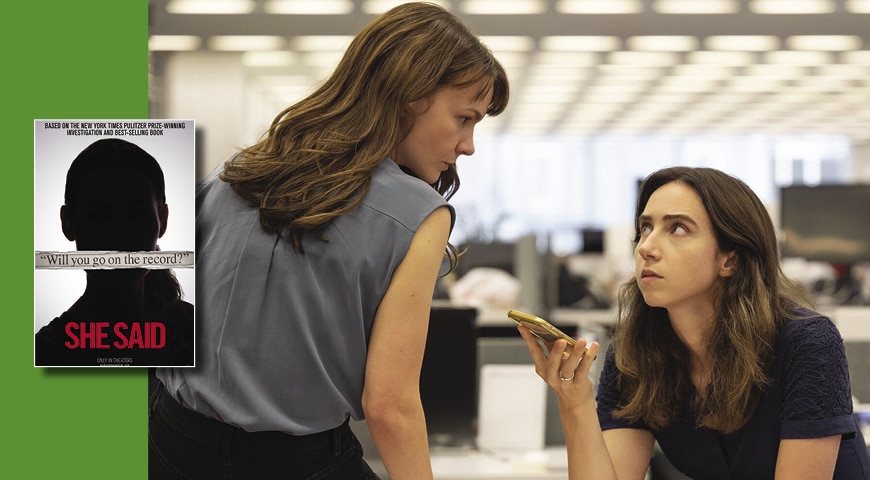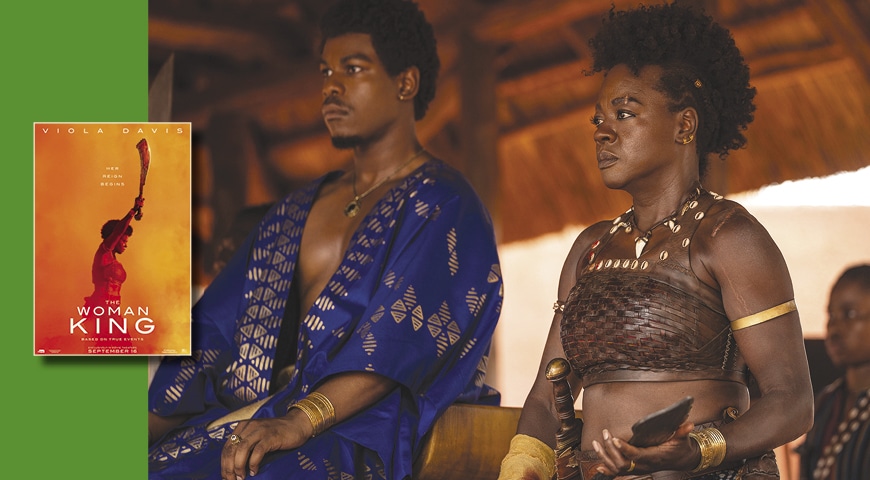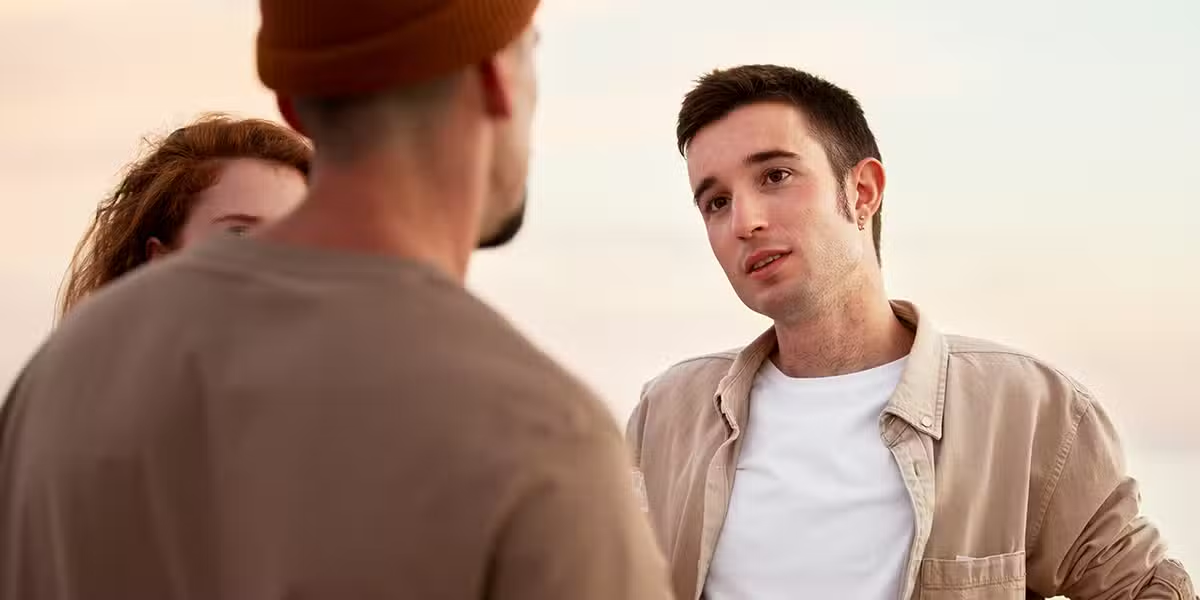Women Talking
In a Mennonite community in the rural Midwest in 2010, eight women from three families meet in a hayloft to decide what to do in the face of ongoing sexual assaults among them. The perpetrators have only just been identified because one of the victims recognized him and named the others. The men had used a spray form of animal tranquilizer to drug and subdue their victims. They are now in jail where the elders took them for their own protection after Mariche (Jessie Buckley), a young wife and mother, tried to attack one with a scythe.
The women and girls (including Frances McDormand, Sheila McCarthy, Judith Ivey, Rooney Mara, and Claire Foy) have been selected by the women in the community to choose among three options: Do nothing, stay and fight, or leave. For the first time in their lives, the women vote on what they can do and then begin deep, far-ranging conversations to discern their next steps.
Based on the 2018 novelized version of true events by Canadian author Miriam Toews, and written and directed by former child actor Sarah Polley, the film is a mesmerizing tale in which women take control of their lives in a patriarchal society that uses religion to control them.
The only man in the film is August (Ben Whishaw). The women ask him to take the minutes of their meeting because he knows how to read and write—skills they do not have. Though his family was excommunicated, August is a believer and a schoolteacher for the boys of the community. He has also been in love with Ona (Mara) since they were children. She is unmarried but carries the child of her rapist.
The cinematography and music complement the harrowing tale that wisely suggests, however vividly, more than it shows. While this could make an amazing stage play, Polley’s searing direction, sepia-toned cinematography by Luc Montpellier, a perfect score from Icelandic composer Hildur Guðnadóttir, and deeply felt acting by an ensemble cast make this a serious Oscar contender. How the film avoids demonizing all men while addressing themes of faith and forgiveness is remarkable.
Not yet rated, PG-13 • Disturbing images, strong language, references to child rape, violence against women, and peril.

She Said
When New York Times reporter Jodi Kantor (Zoe Kazan) receives a tip that actress Rose McGowen had been sexually assaulted by Oscar-winning producer Harvey Weinstein, she follows up with the actress. McGowen goes on the record and describes how Weinstein assaulted her when she was 23 years old. Kantor speaks with Ashley Judd and Gwyneth Paltrow, who describe their experiences with Weinstein, but will not go on the record at first out of fear it would damage their careers.
When Kantor is unable to make progress in her investigation, Dean Baquet (Andre Braugher), executive director of the Times, suggests that she join efforts with reporter Megan Twohey (Carey Mulligan).
The two reporters, with the encouragement of editor Rebecca Corbett (Patricia Clarkson) and Baquet, travel to the United Kingdom to identify and speak with other women abused by Weinstein, but most of the women are bound by nondisclosure agreements. This leads the reporters to investigate financial payouts to women to keep them quiet.
Finally, the story comes together in October 2017. After its publication, 82 additional women came forward with allegations against Weinstein.
The acting is solid, and the enormity of Weinstein’s crimes against women is heartbreaking and overwhelming. That so many were afraid to speak out shows the enormous reach of Weinstein’s power. While there are no reenactments, the filmmakers wisely incorporate taped recordings of Weinstein’s calls. This gives the film a very authentic feel.
Not yet rated, R • Graphic descriptions of rape, language, and abuse of power.

The Woman King
In the West African Kingdom of Dahomey, an all-women army of warriors called the Agojie defend their king and country against neighboring kingdoms and slave traders. Nanisca (Viola Davis) is their leader and answers to King Ghezo (John Boyega). The theme of slave-trading with Portugal-Brazil in 1823 (other European countries had already outlawed the slave trade), and Dahomey’s part in it, drives the narrative that is based on historical facts.
Nanisca is the voice of conscience to the king about ending Dahomey’s participation in the slave trade. Meanwhile, in a separate story line Nawi (Thuso Mbedu), a 19-year-old recruit, reveals to Nanisca that she was adopted. This information is at once a grace and a challenge for Nanisca as the story unfolds. Davis, in an exhausting role, proves once again that she is one of the most intuitive and hardest-working actors in Hollywood. She deserves every accolade possible for her stirring performance. This film is ably directed by Gina Prince-Bythewood with screenplay by Dana Stevens.
Not yet rated, PG-13 • Battlefield violence, slavery, references to rape, some language, brief nudity.








